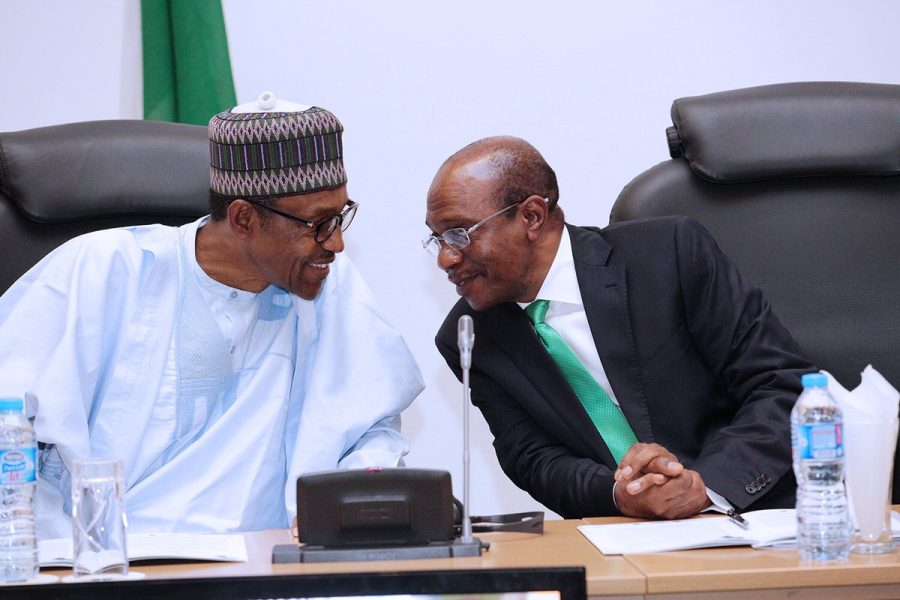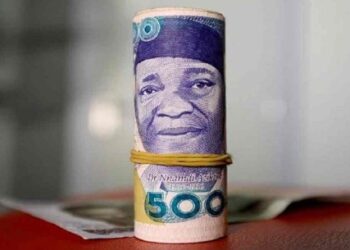Nigeria’s foreign reserves depleted to 6 weeks low in July. This is reflected in the latest data released by the Central Bank of Nigeria (CBN) on its website.
According to the CBN’s data, Nigeria’s gross foreign reserves currently stand at $45.09 billion, from the estimated value of $45.17 billion on the 10th of June 2019, representing almost two months low. Within the period, total reserves inched down by $81.10 million.
Nigeria’s reserves: Nigeria’s foreign reserves crossed the $45 billion thresholds in May 2019. Hence, the reserves had continued building up until the recent decline.
- Nairametrics reported in May, that the external reserves increased by $212.2 million to hit $45 billion mark.
- In June 2019, Nigeria’s external reserves increased by $155.6 million.
- The reserves posted in June marked a 35% point increase within a period of three weeks in 2019. This is the highest figure posted so far in 2019.
- The recent decline means foreign reserves maintain a free fall.

[READ: Nigeria’s External Reserves hit $45bn mark]
Reasons for the fall: Essentially, Nigeria’s foreign reserves have improved in recent months when the gross value hit $45 billion. Meanwhile, the reserves have fluctuated in recent weeks, and this may partly border on the movements in prices of oil, due to the sustained tension in the Middle East and the U.S/China trade war.
- Other factors responsible maybe the slow down in the capital market and possibly CBN interventions in the Investors and Exporters’ window (I&E).
- Recently, while delivering a lecture at the University of Benin, the CBN Governor, Godwin Emefiele, disclosed that the introduction of the Investors and Exporters’ window had helped in shoring up the country’s external reserves.
“We have seen the reserves moving up but unfortunately, we still have issues and those issues border on the unemployment rate and those issues border on how we prepare our country.
“The turnover in the I&E FX Window had reached over $48bn since the inception of the window and that the nation’s foreign exchange reserves had risen to $45bn in April 2019 from $23bn in October 2016.”

Why building reserves matters: While recently reeling out the CBN’s 5-year plan, Mr. Emefiele disclosed that the apex bank was committed to stabilizing the Exchange Rate and building the country’s reserves through a coordinated policy approach.
“We will also work with our counterparts in the fiscal arm in supporting improved FDI flows to various sectors, such as agriculture, manufacturing, insurance, and infrastructure. These measures while supporting improved inflows into the country will help to stabilize our exchange rate and build our external reserves.”
- One of the ways the CBN has been able to maintain Naira stability, in recent months, was by drawing from the reserves to defend the currency.
- The CBN builds reserve buffers and periodically uses it to intervene in the currency exchange market, to prevent the value of Naira from depreciating.
- The apex bank has made clear its resolve to maintain a stable exchange rate, while building external reserves on the side.
CBN’s next move: The CBN Governor recently listed the conditions that could warrant him to devalue the Naira. He made this disclosure at the African Investors’ Conference (AIC) which took place in London from June 25 to 27.
- According to Emefiele, the CBN could consider devaluing the exchange rate if the price of crude falls to between $50-$45, which means depleting reserves.
- The Governor also mentioned that if this happens and the reserves drop to between $30 billion and $25 billion, the CBN could consider moving on the exchange rate.
In the meantime, the reserves stock at the current estimate is able to finance nine months of Nigeria’s current import commitments and this means the economy is relatively viable.























